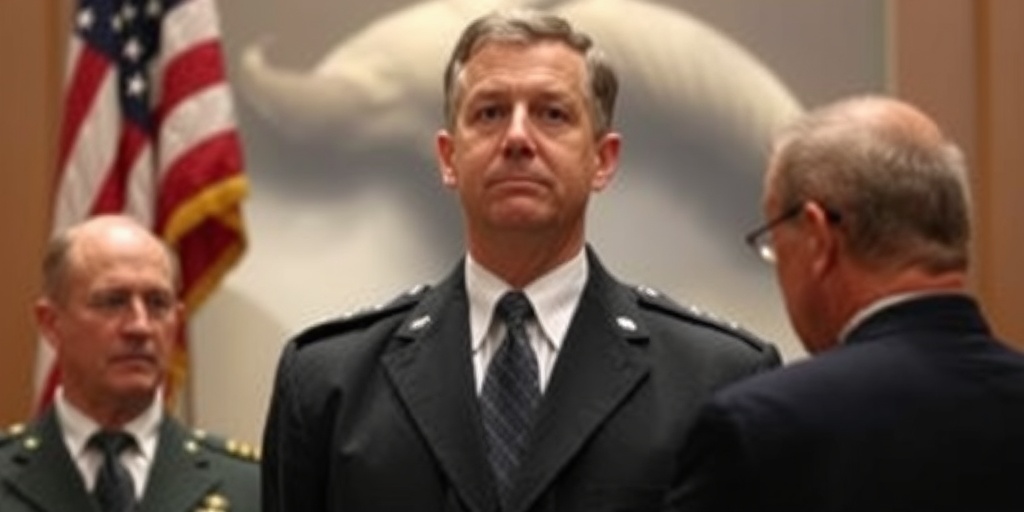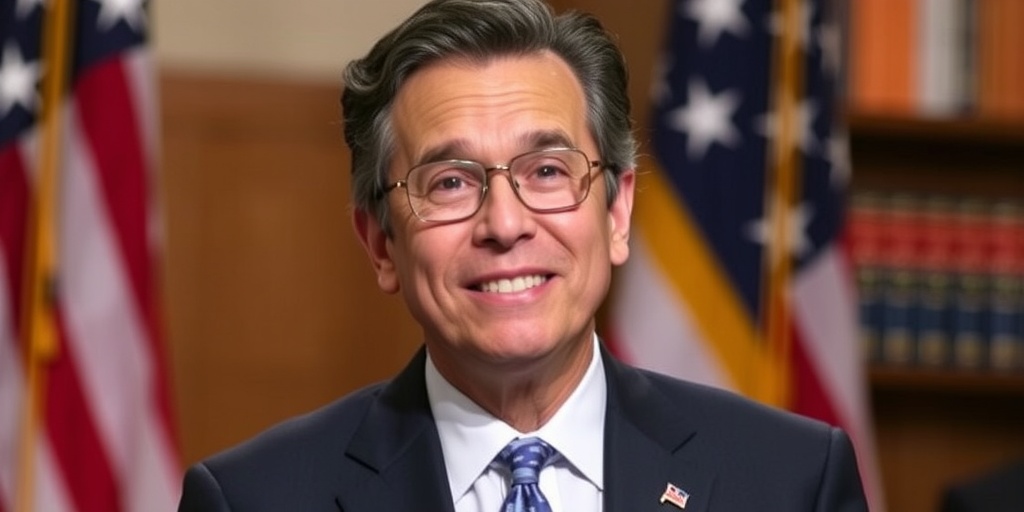Now Reading: Military Judge Dismisses 9/11 Case Confession Due to Torture Claims
-
01
Military Judge Dismisses 9/11 Case Confession Due to Torture Claims
Military Judge Dismisses 9/11 Case Confession Due to Torture Claims

A military judge has ruled that a confession made by Ammar al-Baluchi, one of the men accused of conspiring in the September 11 attacks, should be discarded as it was obtained under circumstances characterized by a systematic campaign of torture and isolation orchestrated by the CIA. This ruling, issued by Colonel Matthew N. McCall, represents a significant blow to the prosecution’s long-standing efforts to bring this high-profile death penalty case to trial, a process that has been hindered by the defendants’ protracted incarceration in clandestine CIA facilities.
Ammar al-Baluchi, who is also known by the alias Ali Abdul Aziz Ali, is facing charges related to his alleged provision of financial and logistical support to the hijackers responsible for the September 11, 2001, attacks that claimed nearly 3,000 lives. Notably, he is related to Khalid Shaikh Mohammed, who is considered the mastermind behind the attacks. In the case, Mohammed, along with two other defendants, had previously entered plea agreements that are currently being disputed in federal court. Furthermore, a fifth defendant has been deemed mentally unfit for trial, a situation that his legal team attributes to the torture he experienced under CIA custody.
The ruling to dismiss al-Baluchi’s confession stems from judicial findings regarding the harsh treatment he endured during his time in secret CIA prisons from 2003 to 2006. The judge noted that, due to severe psychological conditioning that involved physical and psychological abuse, al-Baluchi involuntarily confessed to federal agents during an interrogation in 2007, after his transfer to Guantánamo Bay.
Evidence presented during the pretrial hearings detailed the harsh interrogation techniques employed against al-Baluchi, which included nakedness, physical beatings, and sleep deprivation lasting 82 hours. During his captivity, he was shackled in such a manner that he was forced to remain standing, often with a hood over his head. He experienced mock waterboarding as well, where cold water was poured over him while his face was covered with a towel, instilling a profound fear of drowning. The CIA’s strategy aimed to render him psychologically incapable of resisting interrogation, promoting the notion that cooperation would lead to a reduction in mistreatment and potential rewards.
Colonel McCall’s 111-page ruling highlighted that the psychological tactics employed by the CIA effectively ensured that al-Baluchi believed he had no control over his predicament, ultimately leading him to comply with the interrogation process. “The goal of the program was to condition him through torture and other inhumane and coercive methods to become compliant during any government questioning,” the judge stated in his decision, adding that the program had successfully achieved its intended effect.
Although the complete decision remains undisclosed pending a review for classified information, lawyers involved in the case shared some of its unclassified details. The central question of whether confessions obtained during coerced interrogations can be admitted in court has been a major focus of this case, spanning over seven years of pretrial motions and extensive witness testimony.
The prosecution argued that by January 2007, al-Baluchi had been at Guantánamo for four months and was no longer in fear of his captors, thus voluntarily participating in the interrogation process. However, Colonel McCall countered that the circumstances of the interrogation would have been significantly improved had federal agents read al-Baluchi his rights, including the right to remain silent; they failed to do so.
Alka Pradhan, a human rights attorney representing al-Baluchi, welcomed the judge’s ruling, emphasizing that it acknowledged the severe torture her client endured while in U.S. custody. Pradhan asserted that this case serves as a stark reminder that governments that perpetrate crimes must be held accountable. She expressed concern that the actions of the United States have had lasting repercussions for constitutional values and the rule of law, particularly in light of the torture program’s long history of impunity.
The court’s ruling further demonstrated the challenges faced in the Guantánamo military commissions, where efforts have been made to address the lingering consequences of prior CIA interrogations. Colonel McCall’s decision marks him as the second military judge to dismiss a capital defendant’s confession as involuntary due to coercive methods. This echoes a previous ruling by another Army judge in 2023 who also invalidated confessions obtained through torture in another high-profile death penalty case tied to the bombing of the USS Cole.
With ongoing appeals and continued legal complexities, the cases against those linked to the September 11 attacks remain fraught with controversy and moral questions regarding the treatment of detainees and the integrity of American legal principles in the backdrop of national security.
Stay Informed With the Latest & Most Important News
Previous Post
Next Post
-
 01New technology breakthrough has everyone talking right now
01New technology breakthrough has everyone talking right now -
 02Unbelievable life hack everyone needs to try today
02Unbelievable life hack everyone needs to try today -
 03Fascinating discovery found buried deep beneath the ocean
03Fascinating discovery found buried deep beneath the ocean -
 04Man invents genius device that solves everyday problems
04Man invents genius device that solves everyday problems -
 05Shocking discovery that changes what we know forever
05Shocking discovery that changes what we know forever -
 06Internet goes wild over celebrity’s unexpected fashion choice
06Internet goes wild over celebrity’s unexpected fashion choice -
 07Rare animal sighting stuns scientists and wildlife lovers
07Rare animal sighting stuns scientists and wildlife lovers




















